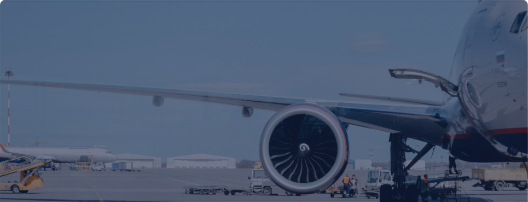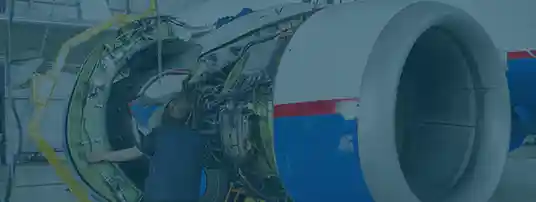Posted on June 26, 2013 linda strong aviation standards
SAE International is the largest automotive and aerospace standards-setting body in the world, which publishes technical information in the form of papers, books, magazines, and meetings. Technical standards are developed by SAE International, a U.S. based, global professional association and standards organization for engineering professionals in various industries. Its focus is on the transport industries: automotive, aerospace, and commercial vehicles. Formerly the Society of Automotive Engineers, this organization develops standards based on the best practices identified by its committees and task forces, composed of experts from each respective field. Today, SAE International has over 120,000 members around the world, with membership being granted on an individual basis and not through companies.
Although SAE documents actually do not carry any legal weight, SAE International acts as a medium in which companies; government agencies, research institutions, and consultants can create technical standards as well as recommended practices for their industries. This includes the design, construction, and characteristics of motor vehicle and aerospace components. SAE documents are referred to heavily in the United States and Canada as a source of vehicle regulations. However, internationally, the United Nations’ World Forum for Harmonization of Vehicle Regulations is the primary source for technical standards. There are current ongoing efforts to bridge the gaps between North American SAE technical prescriptions and the UN standards in use outside of North America.
The relevant standards for the purposes of the aerospace industry developed by SAE are the Aerospace Standards (AS), Aerospace Recommended Practices (ARP), and Aerospace Information Reports (AIR). Aerospace Standards applies to missile, air-frame, ground-support equipment, propulsion, propeller, and accessory equipment. A subset of Aerospace Standards, Aerospace Material Standards, regulates the materials science and engineering aspect of Aerospace applications. Aerospace Recommended Practices provides recommendations for engineering practice. Aerospace Information Reports contain generally accepted engineering data and information. SAE publishes over 6,400 such technical documents for this respective industry. Their standards cover processes in the aerospace technology that include design engineering, fuel sources, to safety testing and procedures. Their most popular aerospace standards include AMSH6875B (Heat Treatment of Steal Raw Materials), ARP4754A (Guidelines for Development of Civil Aircraft and Systems), and ARP4761 (Guidelines and Methods for Conducting the Safety Assessment Process on Civil Airborne Systems and Equipments), along with countless others.

 The only independent
The only independent



“We Proudly Support Intrepid Fallen Heroes Fund that serves United States Military Personal experiencing the Invisible Wounds of War : Traumatic Brain Injury (TBI) and Post Traumatic Stress (PTS). Please visit website (www.fallenheroesfund.org) and help in their valiant effort”.
We Hope that You Will Visit Us Again the Next Time You Need Aircraft Parts and Make Us Your Strategic Purchasing Partner.
Request for Quote